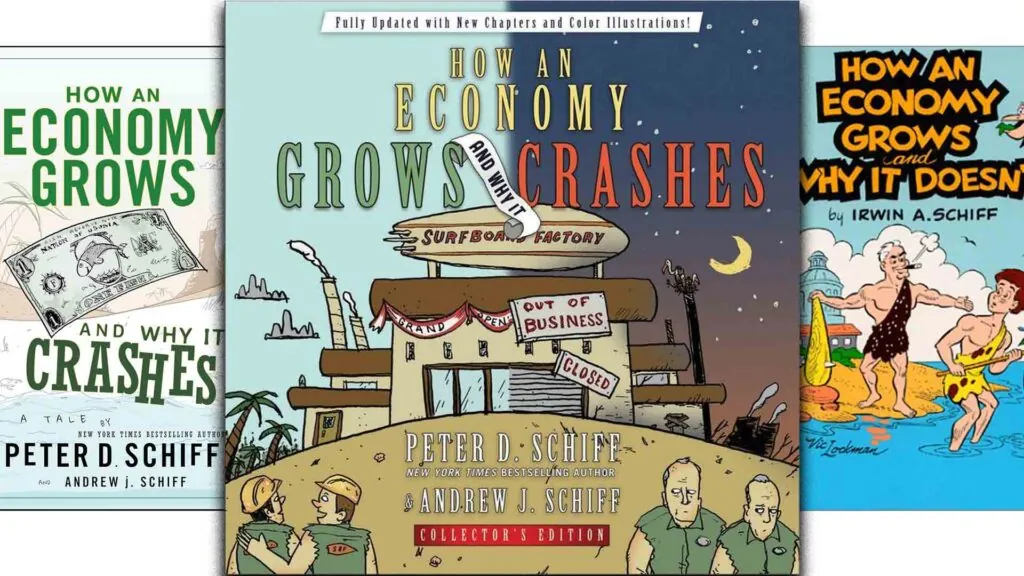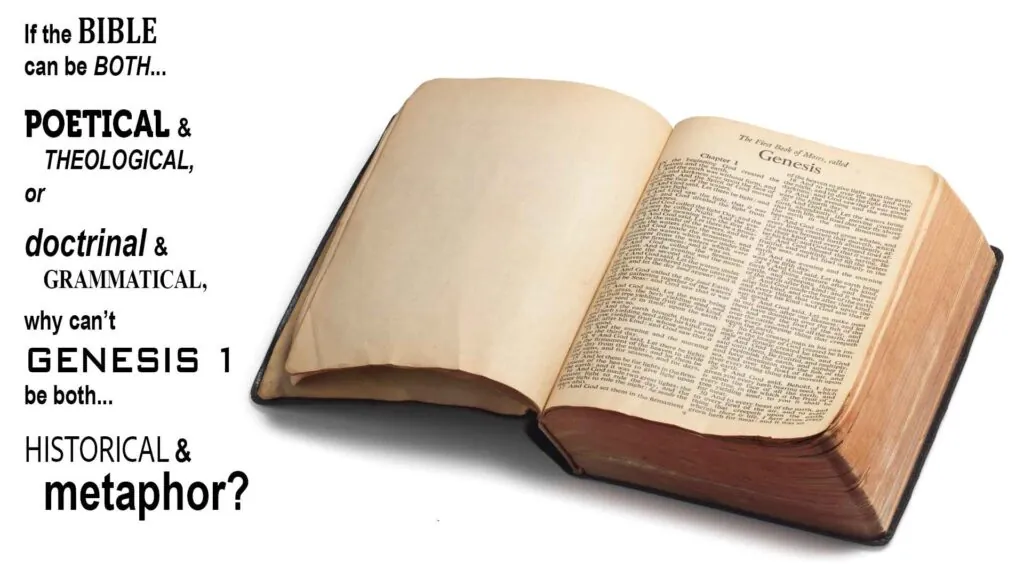BEING CHRISTIAN AT THE BANK
A reader recently sent in an interesting and somewhat difficult question about home purchases, school fees and tithes. Now most people in Canada don’t pay school fees, and don’t tithe to their church so the question I was asked was how these “obligations” might impact the affordability of a home and whether we, as Christians, have a duty to tell the banker about these “obligations” when we apply for a mortgage.
Just to be sure that we all understand the question, let me rephrase it with a more concrete example.
Joe and Mary
Joe and Mary have 4 children, one of whom is beginning school in September. Joe earns $4,700 per month. Joe and Mary have been renting a duplex or what is also known as a side by side. They have managed to save $40,000 for a down payment for a home purchase and have found a house that they would like to buy. It is an older home but one that has been well maintained and appears to be well built. The house is for sale for $260,000. They have offered $240,000 and their conditional offer has been accepted. Now they will need to qualify for a $200,000 mortgage. Joe has done some research and knows that the banker will want to know what his total monthly debt payments are, or what could be called his “obligatory payments” and the banker will also want to know what the monthly costs to run his home will be. And of course he needs to be within the banks ratio in these two areas.
Debt service ratios
Now what are these bank ratios? There are two, known as the GDSR and the TDSR.
The Gross Debt Service Ratio (GDSR) is the percentage of gross annual income required to cover payments associated with housing (mortgage principal and interest, taxes, secondary financing, heating, and 50 per cent of condominium fees, if any). The GDSR should not exceed 32 per cent of gross annual income.
The Total Debt Service Ratio (TDSR) is the percentage of gross annual income required to cover payments associated with housing and all other debts and obligations, such as payments on a car loan. The TDSR should not exceed 40 per cent of gross income. So the important thing for us to remember is that the TDSR must be less then 40 per cent and the GDSR must be less then 32 per cent.
If either of these two conditions is not met then Joe and Mary do not qualify for the $200,000 mortgage they require in order for them to be able to buy the home they have found.
So let’s crunch some numbers and see what sort of situation our couple is facing.
Joe earns $4,700. A $200,000 mortgage requires a payment of $1,190 per month (at 5.25% amortized over 25 years). The property taxes on the home they would like to buy worked out to $150 a month. The average heating bill was $150 per month. So $1,190 plus $150 plus $150 equals $1,490 for housing costs. His monthly housing costs of $1,490 divided by his income of $4,700 gives us a GDSR ratio of 31 per cent. So, he qualifies here.
The TDSR is a different matter. According to the banks guidelines he needs to include all debts and obligations in his calculations including any car loans. Joe and Mary do not have a car loan.
But we should add the church and the school into this total, right? Church and school add an additional $870 per month to the total. So $1,490 plus $870 equals $2,360. $2,360 divided by $4,700 is 50 per cent.
Now here is where things become interesting. His application as it stands now will be rejected. However, does the banker consider the donation to church as an obligation or just a desire or a hope? What is our responsibility here? If we do not include the $470 to church the total becomes $1,490 plus $400 or $1,840. Divide that by $4,700 and the ratio becomes 39 per cent. Now we qualify.
What should we do?
The ethics of this question are one part of the equation. The other is, can Joe and Mary make ends meet if they were to qualify? If the banker grants the mortgage because he does not consider the donation to the church as anything more than a hope or a wish, where might this leave Joe and Mary?
First the ethics. We might be tempted to hide the truth of the situation. Maybe we neglect to tell the banker that we consider the contribution to church as an obligation. I think we can all readily see and agree that this would put us outside of the Ninth Commandment. That’s the one that deals with bearing false witness.
So it should be obvious that we would tell the banker about the obligation to church. If the banker grants the mortgage anyway because he considers the payment to the church as a donation that has no legal obligation tied to it, what should Joe and Mary do? Bankers have years of experience that suggest that when the TDSR is more than 40 per cent homeowners often get into financial difficulty. So maybe Joe and Mary should decline the mortgage and save for a few more years so that they have a bigger down payment.
Now before we go into all the argumentation about rising house prices, the effects of inflation and the fact that I may be asking the impossible here, let’s just go back to a few other principles that we have learned. In an earlier article (“Budgeting Basics: Everyone needs to budget” July/August 2009) I tried to make the case that we all should have a budget. We should not just have a budget but we should run our household within that budget. So, if Joe and Mary have been living within their budget and their budget has allowed them to save the $40,000 they needed for the down-payment, then I am sure that their budget (and the records they have kept which illustrate that they actually live within the budget) can easily be used to satisfy even the most conservative banker that they can make all their obligatory payments, because Joe and Mary also have learned to live prudently and economically. Mary is an avid “coupon collector.” She is known as the queen of collectors at the grocery store. She also has learned to dress her children very well, even though they are not always wearing the “name brand” items. Joe and Mary do not have cable television and they do not have a cell-phone either. They manage with one car. They enjoy reading and the entire family makes excellent use of the local library. The only two pieces of reading material that come into their home at a cost are the Clarion and the Reformed Perspective. Both Joe and Mary have the reputation of being hard workers and also of always being aware of the specials on anything they might need to be buying.
So, I would conclude by saying that yes, we must honestly tell the banker about our obligations, also our obligations to the LORD, and we should also have lived prudently, within our budget, maintain good records of our prudent living and then trust that the God of Abraham, Isaac, and Jacob is the same yesterday, today and tomorrow, and He will continue to maintain His promises to His covenant children.











